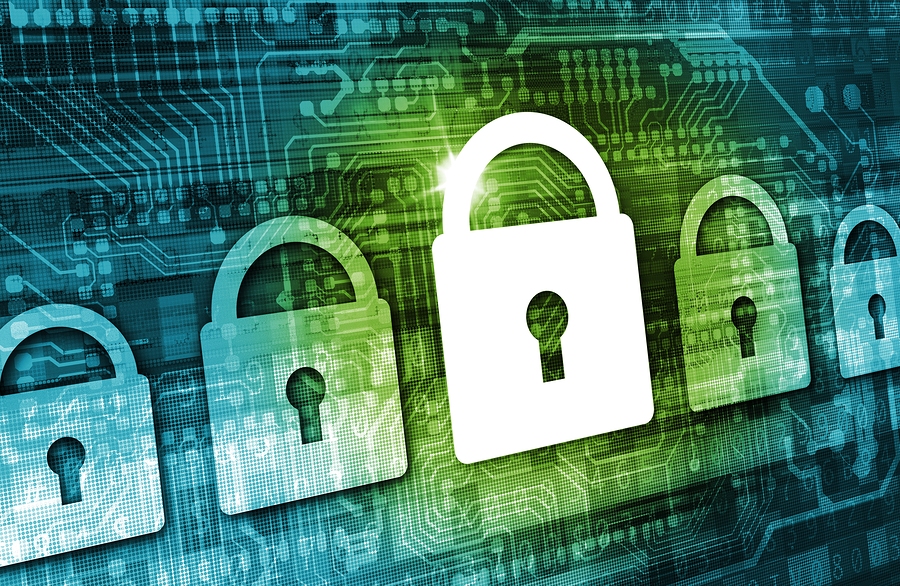Top Tips for Staying Safe Online
The internet is a great tool for banking, paying bills, online shopping, looking up holiday destinations, researching information and a lot more.
However, fraudsters and cyber crooks are also prolific, hiding beneath the cloak of anonymity the internet offers.
The dangers
In 2016 the annual Crime Survey for England and Wales estimated there were 3.6 million cases of fraud and two million computer misuse offences.
The survey is produced by the Office of National Statistics which today acknowledges that previous high volume crimes such as burglary and vehicle theft are nowhere near as common as they used to be.
Rather these crimes have been replaced by various types of online fraud which the police say has reached epidemic proportions.
Briefly, online fraud can be divided into four categories:
- Bank and credit account fraud
- Advance fee fraud – victims are tricked into handing over
- Non-investment fraud – criminals con a victim into buying something
- Fake investment or charity scams
There is also the danger of hacking and malware:
- Hackers steal personal information such as in the recent Equifax hack in which near 150 million personal records were stolen
- Malware insinuates its way into a computer and steals sensitive personal information such as bank account numbers, passwords and credit card details
Protection tips
- Before making an online purchase always look for the padlock sign in the browser bar. This tells you the website is secure and your payment details are encrypted.
- Beware of phishing emails that try and get you to click on a link or download a document. If the link is clicked or the document downloaded malware will infect the computer.
- You can identify phishing emails because they drop into your email box unexpectedly. Typically they appear to be from a legitimate organisation but if you’re not expecting a communication simply ‘trash’ the mail.
- Use antivirus software. It protects you from all types of malware, including ransomware. It also flags up malware that is hiding in emails and warns you against visiting websites that have malware hidden in them.
- Beware of cold calls. Often following a major hack customers receive cold calls claiming to be from the organisation and requesting personal information such as bank account or credit card numbers. It’s a scam.
- Use really strong passwords on all your accounts, which ideally should be at least ten characters long and consist of a mix of upper and lower case letters, numbers and symbols. If your details are leaked in a hack, fraudsters find it very hard to ‘break’ these passwords.
Also, consider using a product like BullGuard Internet Security. Alongside award-winning antivirus security and internet protection, it also safeguards all your personal information.
 BullGuard customers benefit from:
BullGuard customers benefit from:
- 100% online protection safeguarding personal information such as bank and card details, photos and passwords
- Minimal impact on computer performance
- Ease-of-use
- A constant stream of innovations to meet changing malware threats





















